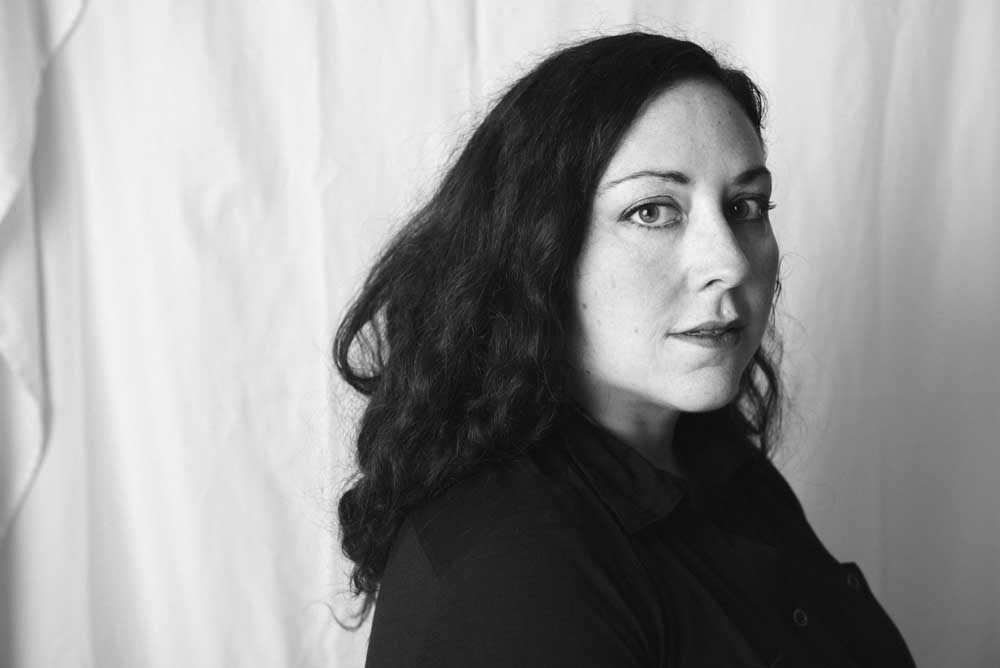Portland author pens provocative near-future novel
Published 12:00 am Thursday, June 7, 2018

- Author Leni Zumas has lived and worked in Portland since 2011. (Sophia Shalmiyev / Submitted photo)
Portland author Leni Zumas’ best-selling second novel, “Red Clocks,” has been dubbed “The Handmaid’s Tale” for the new millennium. While the story contains similarities to Margaret Atwood’s 1985 novel, about a regime in which women are the property of men, Zumas wasn’t directly inspired by Atwood’s book.
“I’ve read lots of Margaret Atwood, so I’m sure it was there somewhere in my unconscious literary legacy,” said Zumas. “However, when I was writing ‘Red Clocks,’ I was thinking of it not as a futuristic, dystopian book, but as something that could happen next month.”
Zumas will discuss and sign copies of her novel at events on June 16 and 17 in Bend.
The underlying premise of “Red Clocks” is that a personhood amendment to the constitution has granted legal rights to all fetuses and outlawed abortion and in vitro fertilization (IVF) across the U.S. Related measures soon follow, banning adoption by unmarried people and establishing a virtual “Pink Wall” at the Canadian border where authorities have the right to detain and test any woman (or girl) suspected of seeking to enter Canada to terminate a pregnancy.
However, this political parable is merely the background to the stories of five women trying to understand and reconcile their desire (or lack of it) to embrace the role of motherhood. It is primarily a reflection on women’s lives and their complex, sometimes competitive and often interdependent relationships with one another.
The novel was inspired by Zumas’ own journey to motherhood. Over a decade ago, she decided she wanted to become a single mother and bought donor sperm online then underwent several unsuccessful inseminations, causing her to question her desire to be a mother at all. Soon after, she met her husband and eventually underwent IVF to conceive their son.
“I didn’t start out to write a book about abortion,” Zumas said. “But in the course of researching IVF, I came across Mike Pence a lot, supporting the concept of personhood and rights from the moment of fertilization. Some of his policies and statements as governor of Indiana were really disturbing and really instrumental in me writing this book.”
Zumas began working on the novel in 2010, but much of the story seems startlingly prescient and possible in the wake of the 2016 presidential election.
“I was still revising the book when (Donald) Trump and Pence were elected, so I was thinking, ‘Is this really going to happen?’” Zumas said.
She takes an unusual approach in the structure of her narrative by not revealing the main characters’ names until late in the story. Instead, she uses titles: Biographer, Wife, Daughter, Mender and Explorer, which also serve as the headings for each short chapter told from that character’s perspective.
“I wanted to bring attention to how reductive labels are and how any character — any person — is many things at once,” Zumas said. “On a more technical level, the section titles helped me keep track of the different narrative angles and hopefully they help the reader as well. I didn’t want the reader’s energy to be consumed by figuring out which character was the focus of every new chapter.”
“Red Clocks” is set in the fictional Oregon coastal town of Newville. Zumas had originally set the story in a fictional seaside hamlet on the East Coast, but changed the setting after moving to Portland in 2011 and seeing the beauty of the Oregon Coast.
“The small-town setting appealed to me because it put the characters in closer proximity, with less privacy from one another — there are fewer places to hide, so to speak, in a tiny community,” Zumas said.
The author is an associate professor of fiction, fiction writing and literature in the Master of Fine Arts and Bachelor of Fine Arts programs at Portland State University. Her previously published books include “Farewell Navigator: Stories” in 2008 and “The Listeners” in 2012, which was a finalist for the Oregon Book Award.
Zumas is on a teaching sabbatical and in the early stages of writing her next novel, about an intergenerational community of misfits.




